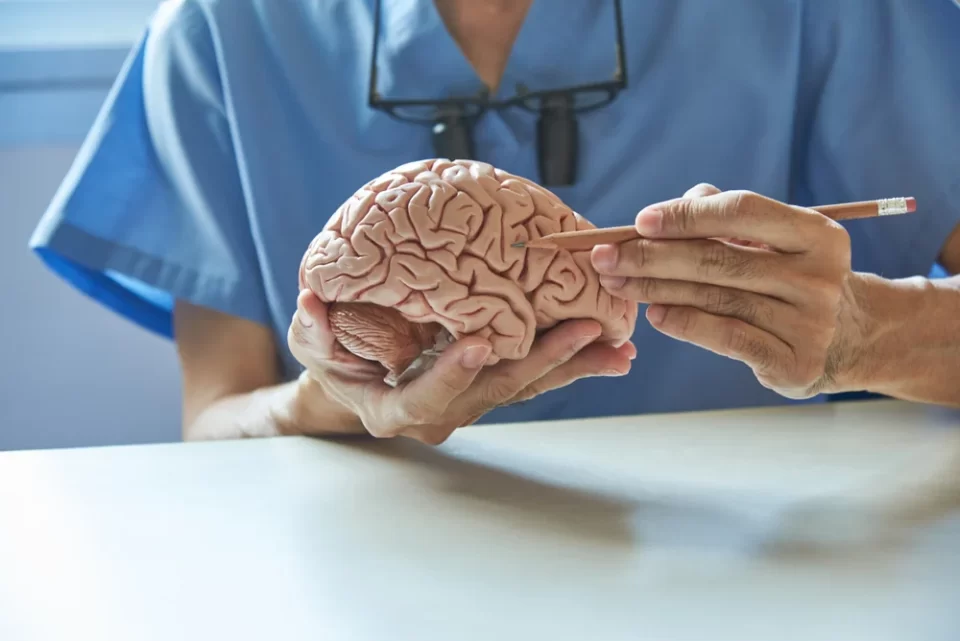Dementia, often associated only with the elderly, can sometimes affect the young too. This is a startling fact, confirmed by a pediatric neurologist New York based. This blog explores the findings, treatments, and perspectives of neurologists on dementia. We’ll discuss common practices, explore groundbreaking research, and highlight new innovations. All with one goal – improving life quality for those grappling with this condition.
Common Practices in Dementia Treatment
Most neurologists agree on some common practices. These include medication, cognitive training, and physical activity. Exercise, for example, can often slow dementia’s progress. This is a fact backed by numerous Harvard studies.
Groundbreaking Research in Dementia Treatment
Research in dementia treatment is ongoing. Neurologists all over the world are committed to finding new methods to tackle this condition. One such promising area is gene therapy. This aims to prevent dementia by altering the patient’s genetic structure.
New Innovations in Dementia Treatment
Alongside traditional treatments and research, there are also many new innovations. These include digital apps and virtual reality. These technologies can help in both the diagnosis and management of dementia.

Quality of Life for Dementia Patients
Improved quality of life is the ultimate goal for dementia treatment. This is not just about managing symptoms. It is about ensuring those with dementia can lead fulfilling lives.
| Treatment | Pros | Cons |
|---|---|---|
| Medication | Can slow down the progression of dementia. | Can cause side effects like nausea and loss of appetite. |
| Cognitive Training | Improves brain function and independence. | Can be time-consuming and expensive. |
| Physical Activity | Helps slow the progress of dementia. Improves overall health. | Not suitable for all individuals, especially those with physical limitations. |
| Gene Therapy | Potential to prevent the onset of dementia. | Still in the experimental stage. Potential risks unknown. |
In conclusion, dementia treatment is an active and multifaceted field. Neurologists bring an array of perspectives to this challenging topic. Yet, all are guided by the same mission – to enhance the quality of life for those living with dementia.

